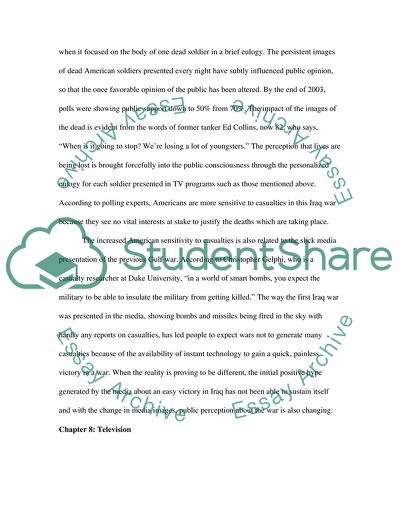Cite this document
(“Media Impact on People's Thoughts Essay Example | Topics and Well Written Essays - 2000 words”, n.d.)
Retrieved from https://studentshare.org/media/1543695-revision-on-four-chapters
Retrieved from https://studentshare.org/media/1543695-revision-on-four-chapters
(Media Impact on People'S Thoughts Essay Example | Topics and Well Written Essays - 2000 Words)
https://studentshare.org/media/1543695-revision-on-four-chapters.
https://studentshare.org/media/1543695-revision-on-four-chapters.
“Media Impact on People'S Thoughts Essay Example | Topics and Well Written Essays - 2000 Words”, n.d. https://studentshare.org/media/1543695-revision-on-four-chapters.


